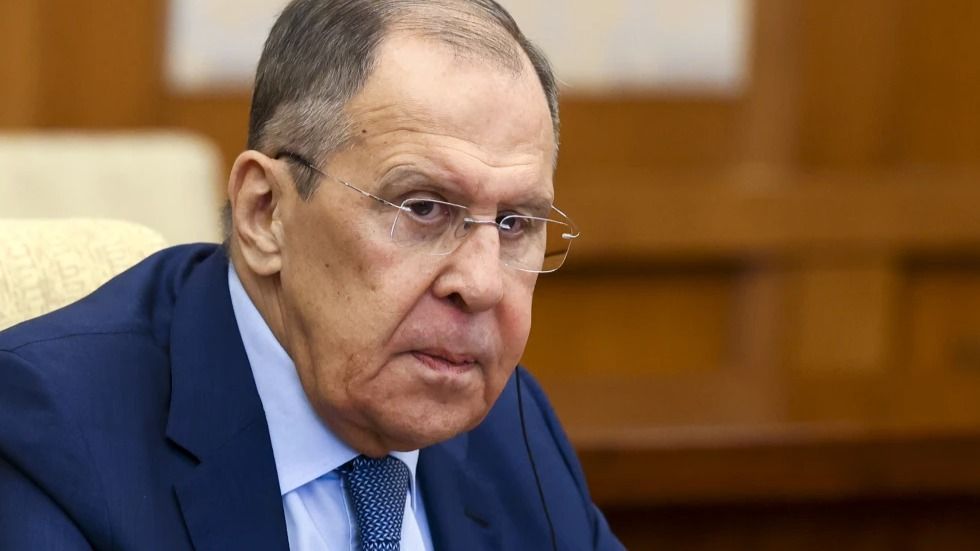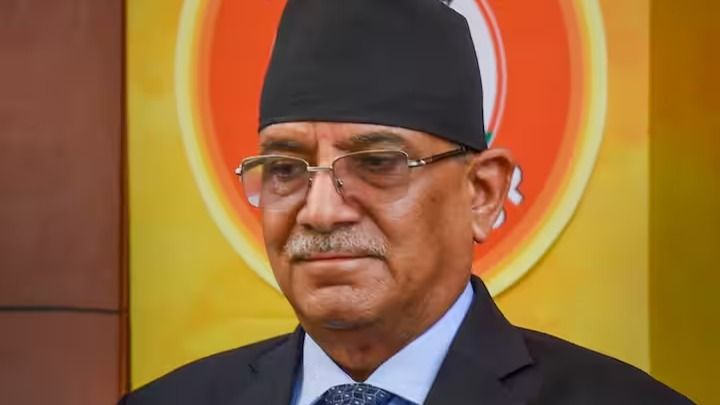Moscow: Russia will lift its moratorium on the deployment of intermediate and shorter-range nuclear-capable missiles, citing the United States’ deployment of such weapons globally, Russian Foreign Minister Sergei Lavrov announced on Sunday.
This move, long anticipated, effectively ends one of the most significant arms control agreements of the Cold War. It raises concerns that the two largest nuclear powers, along with China, could be heading toward a new arms race.
Both Russia and the United States, who acknowledge their relations are worse than at any point since the height of the Cold War, have expressed regret over the collapse of arms control treaties that once aimed to slow the arms race and reduce the risk of nuclear war.
When asked by state news agency RIA if Russia could withdraw from the New START treaty before its expiration in February 2026, Lavrov stated that there are currently “no conditions” for a strategic dialogue with Washington.
“Today it is clear that, for example, our moratorium on the deployment of short- and intermediate-range missiles is no longer practically viable and will have to be abandoned,” Lavrov said.
“The U.S. has arrogantly ignored the warnings of Russia and China and in practice has moved on to the deployment of weapons of this class in various regions of the world.” he added.
The Intermediate-range Nuclear Forces (INF) Treaty, signed by Mikhail Gorbachev and Ronald Reagan in 1987, was a landmark agreement where the superpowers first committed to reducing their nuclear arsenals and eliminated an entire category of nuclear weapons.
The United States, under former President Donald Trump, formally withdrew from the INF Treaty in 2019, accusing Moscow of violating the accord, an allegation the Kremlin denied and dismissed as a pretext.
In response, Russia imposed a moratorium on developing missiles that were previously banned by the INF treaty—ground-based ballistic and cruise missiles with ranges of 500 km to 5,500 km (310 miles to 3,417 miles).
Trump had stated in 2018 that he intended to terminate the INF Treaty due to what he claimed were years of Russian violations and his concerns over China’s growing intermediate-range missile arsenal.
The U.S. publicly blamed Russia’s development of the 9M729 ground-launched cruise missile, known in NATO as the SSC-8, for its decision to withdraw from the INF Treaty.
Putin, in his moratorium proposal, suggested Russia might agree not to deploy the missiles in its Baltic exclave of Kaliningrad. Since then, the U.S. has tested missiles with a similar profile.
In November 2021, Russia launched a new intermediate-range hypersonic ballistic missile, “Oreshnik” (Hazel Tree), at Ukraine in what Putin described as a direct response to Ukrainian forces’ strikes on Russia using U.S. and British missiles.
Treaty Breakdown With US, Russia to Scrap Unilateral Missile Moratorium? world-news World News | Latest International News | Global World News | World Breaking Headlines Today




